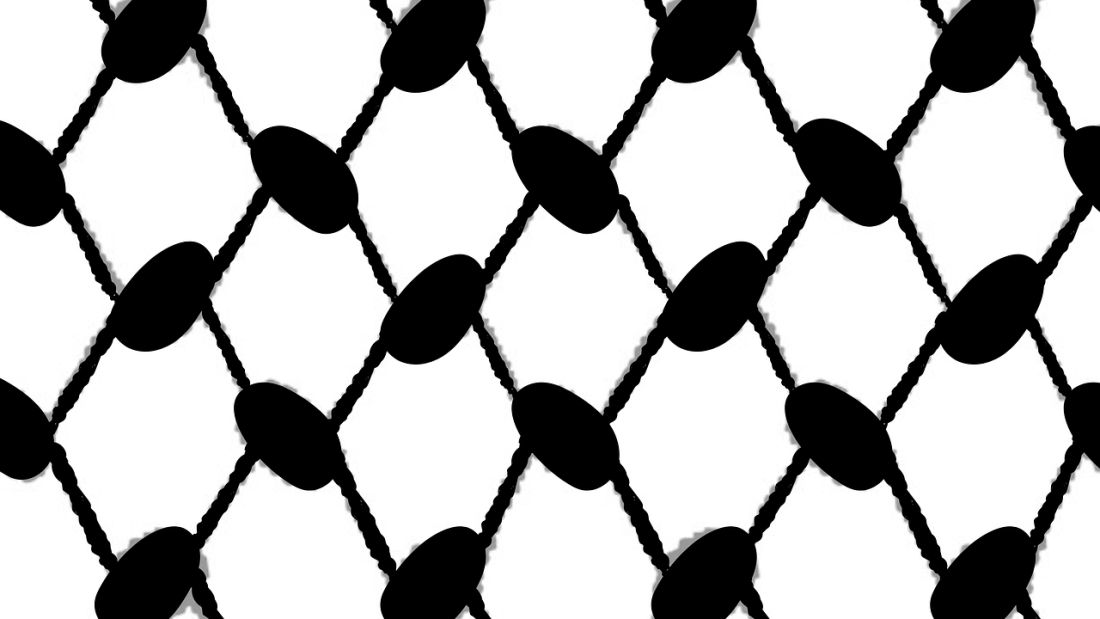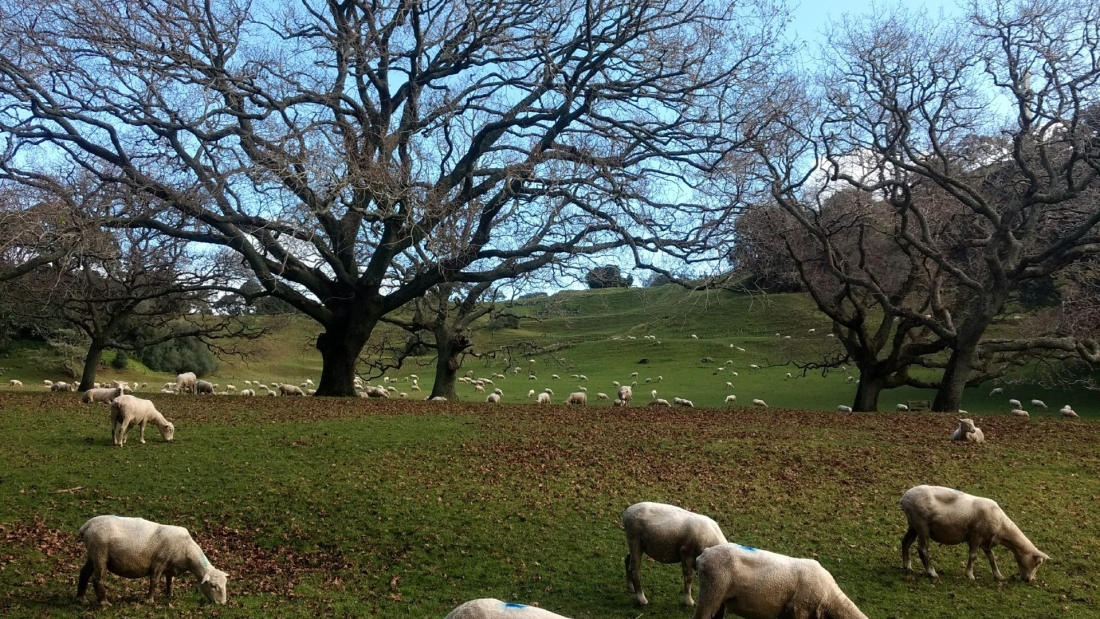A few days ago, the beloved children’s author from Montreal, Élise Gravel, was in the news after a local library removed her books from their public shelves following pro-Palestinian posts on her social media account (for more details, here is the news story on the CBC website). The controversy inadvertently brought the old fear of censorship and banning books, (including, ironically, echoes of public book burnings in Nazi Germany,) and ultimately more attention to the Palestinian struggle itself. This article is a quick observation on how a large cause like this finds local acceptance, and gets amplified.
The censorship of Élise Gravel
Gravel has been a well regarded author of children’s books here in Quebec, with several popular titles under her belt, including Le Grand Antonio (The Great Antonio) about a Montreal strongman, and Une Patate a Velo (A Potato on a Bike). She writes in both French and English, and also illustrates her own work.
Ever since the violence escalated in Palestine, she has been consistently vocal about it and has repeatedly used her platform to demand an end to the genocide. Recently, the Center for Israeli and Jewish Affairs (CIJA) took offence to a post, (decided it had had it with her) and labelled her anti-Semitic. Gravel herself has posted about how much hate she had been getting simply for demanding peace.
It is following this declaration that the Montreal Jewish Public Library decided to move her books from their open shelves to closed stacks (although the library director claims this decision was taken even before he took charge in mid January, in another news article). Arguably, it’s not a case of total censorship as Gravel’s books are still available at the library, but the perception quickly formed among locals, both fans of her work and others, that the library was trying to curtail her freedom of expression. This galvanised more people to the cause, and a support gathering was organised to be held on Sunday, 11 February by a group of pro-Palestine Jews and other individuals.
A hundred-odd people, including several families with children, gathered outside the library premises at noon on an atypically warm winter Sunday, in support of Gravel and to denounce this attack on personal freedom. While the gathering was largely peaceful with slogans calling for a ceasefire, there was also some confrontation with a handful of pro-Israel supporters. Gravel posted about the gathering on her page but didn’t attend it herself.
International struggles and local resonance
This mobilisation was interesting because it is one of the many paths that eventually lead to freedom in Palestine. In the excellent essay ‘Sour Oranges and the Sweet Taste of Freedom’ (included in The Case for Sanctions Against Israel, a collection edited by Andrea Lim), the anti-Apartheid activist and later minister Ronnie Kasrils mentions how in the case of the BDS (Boycott, Divestment, Sanctions) movement against South Africa, different strategies worked in different parts of the world. As he points out,
“The AAM (Anti-Apartheid Movement) was able to galvanise this depth and breadth of support because much like the liberation movement it flowed from, it was a broad front, providing a home to those of all colours, creeds and persuasions. All that was required was a commitment to working for apartheid’s demise. It tapped into issues that those on the ground could easily identify with. For example, in Ireland, it drew on the experience of the ravages of British colonialism, while in America it evoked the devastation of slavery and racism. It was also readily able to adapt its campaign methods, ensuring that they were relevant to specific conditions, recognizing that strategies appropriate in one local or national context were not necessarily effective in others.”
Similarly, while many Canadians may be apathetic or yet to take a public stand when it comes to this genocide, an issue like censorship and curtailing of freedoms can generate solidarity and bolster the main cause. Different groups in the country are working on multiple fronts – from blocking truck access to the Port of Vancouver, to protesters dressing up as Santa – in order to get the country to officially call for a ceasefire, and it is imperative to keep up the pressure.
Ask for an immediate ceasefire from your authorities. Speak to a protester rather than basing opinions solely from what you have been exposed to online (including this piece). And as Babasaheb exhorts, “Educate, organise, agitate.”

